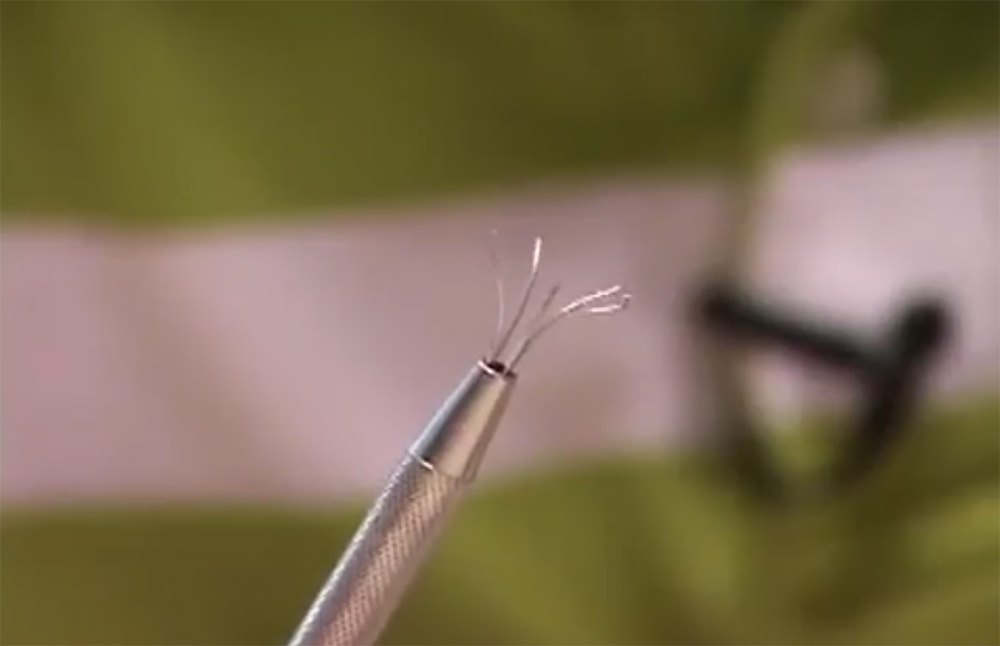
Having trouble viewing this video? Please visit our Video FAQ page Model Railroader associate editor Cody Grivno shows how to use the Kadee five-prong gripper to test screws on your freight cars. […]
Read More…

Having trouble viewing this video? Please visit our Video FAQ page Model Railroader associate editor Cody Grivno shows how to use the Kadee five-prong gripper to test screws on your freight cars. […]
Read More…
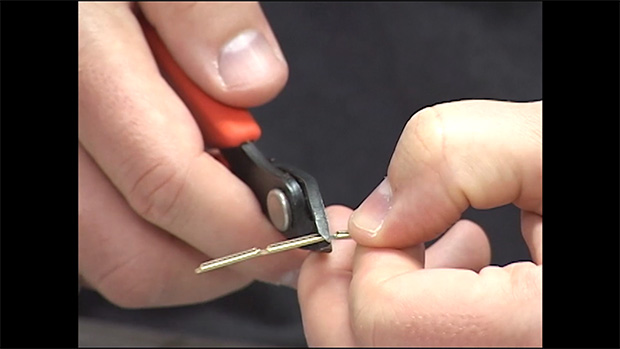
Having trouble viewing this video? Please visit our Video FAQ page Scale model railroad track uses rail joiners to connect the rails. In this basic training video you’ll learn about different types of rail joiners and learn the proper technique for installing them. […]
Read More…

Having trouble viewing this video? Please visit our Video FAQ page Scale model railroad track uses rail joiners to connect the rails. In this basic training video you’ll learn about different types of rail joiners and learn the proper technique for installing them. […]
Read More…

Having trouble viewing this video? Please visit our Video FAQ page Scale model railroad track uses rail joiners to connect the rails. In this basic training video you’ll learn about different types of rail joiners and learn the proper technique for installing them. […]
Read More…
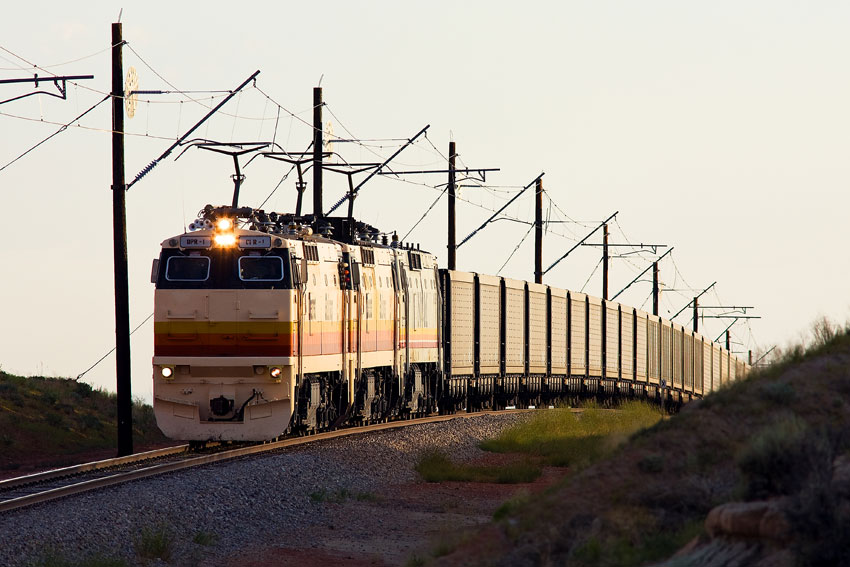
Three Deseret Power Railway E60Cs begin the short but steep 2-percent descent into Coyote Basin near Bonanza, Utah, on July 8, 2009. David Honan Q How do you figure out the percent of the grade of a railroad track?— Richard Buckhold, Kirkwood, Mo. A Grades are expressed as the rise in feet per 100 feet […]
Read More…
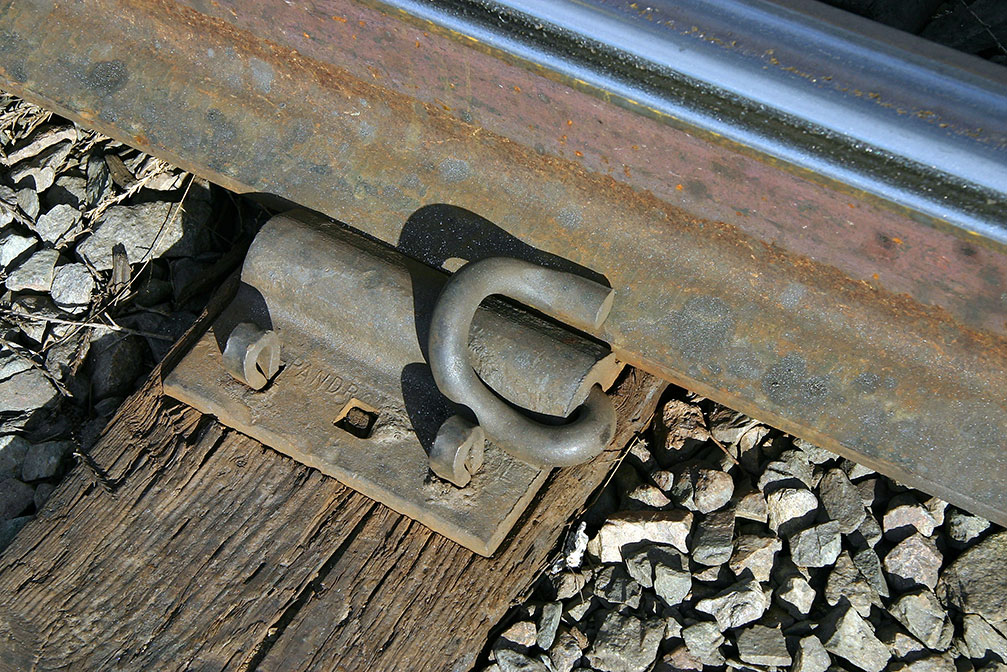
A Pandrol e-clip elastic rail fastener secures the rail to the tie, along with a type of hairpin spike. TRAINS: Kathi Kube Q How do Pandrol clips secure rails to concrete or wooden ties?— John Trifari, Sunnyvale, Calif. A The clips are made of spring steel and must be pressed into position by machinery or […]
Read More…
Q On which railroad was the 1975 movie “Breakheart Pass” filmed? — Klaus Schmidt, Sleepy Hollow, N.Y. A “Breakheart Pass” was filmed on the Camas Prairie Railroad, a short line in Northern Idaho. Originally a cooperative building effort by predecessors of the Union Pacific and the BNSF in the early 20th century, as of 2004, […]
Read More…
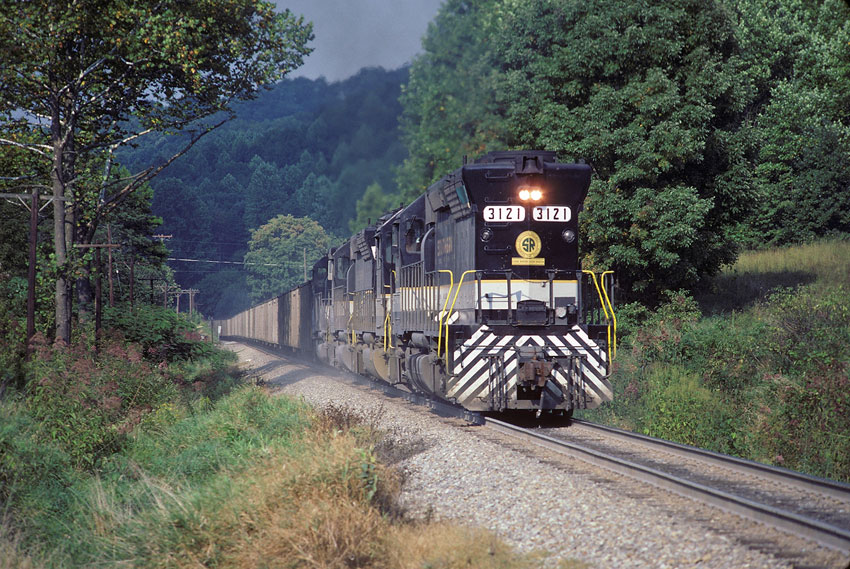
Southern Railway SD45 No. 3121 leads long hood forward on a unit coal train at Oreton, Va., in 1984. Such design enhanced bidirectional capability. Ron Flanary Q When did railroads such as the Norfolk & Western stop running their road engines “long hood first?” How effective was this practice for crew safety? Did it have […]
Read More…
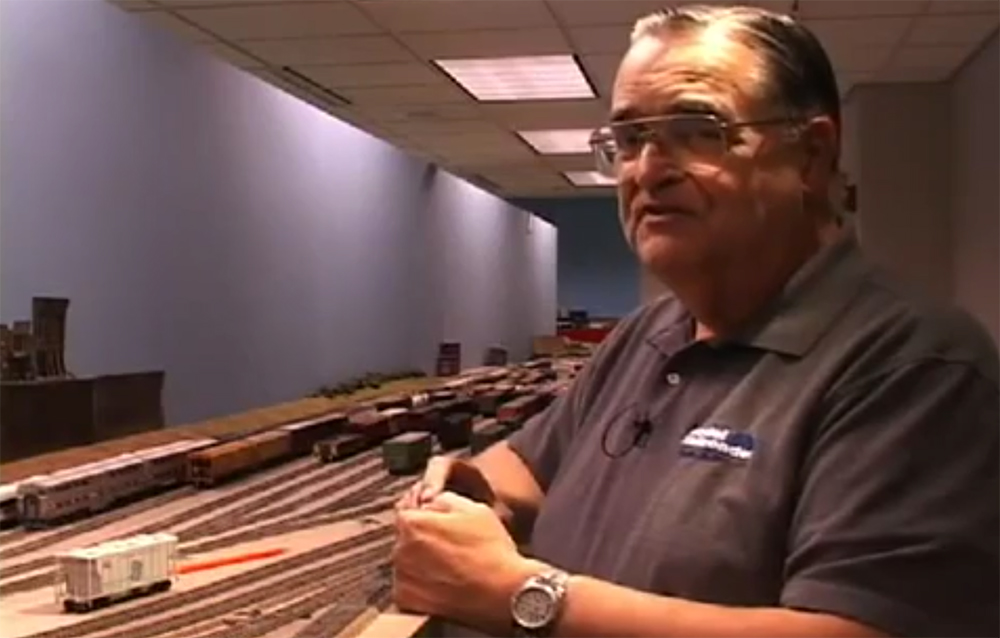
Having trouble viewing this video? Please visit our Video FAQ page Model Railroader senior editor Jim Hediger shows how to use a National Model Railroad Association gauge to check the spacing of different aspects of track and your model trains. […]
Read More…

Having trouble viewing this video? Please visit our Video FAQ page Model Railroader senior editor Jim Hediger shows how to use a National Model Railroad Association gauge to check the spacing of different aspects of track and your model trains. […]
Read More…
Q Why do modern locomotive throttles still use notches?— Ben Redl, Williams Lake, B.C. A The primary reason is to help the locomotive’s engineer direct a specific response from the locomotive. Engine RPM speed must be increased gradually during normal operation. As the engineer demands more power from the locomotive by moving a notch at […]
Read More…






